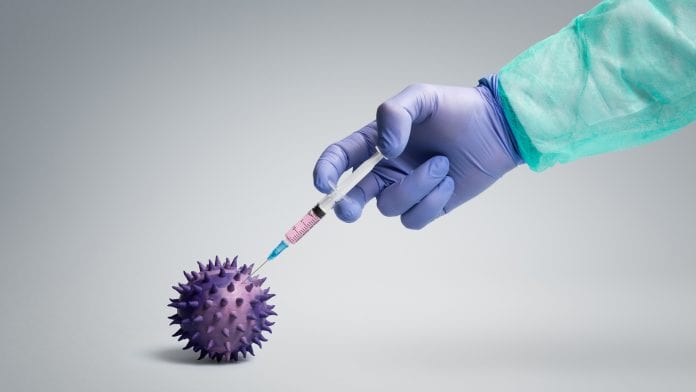
The World Health Organization is highlighting the need for international drug safety monitoring during COVID-19.
For medicines to work safely, having strong systems in place to report any undesired side effects from drugs or “adverse drug reactions” is vital if medicines are to be used safely, and the most important aspect of drug safety monitoring is reliable, real-time information, says the World Health Organization (WHO), which promotes global drug safety through its Programme for International Drug Monitoring.
Professionals in the healthcare industry such as physicians, pharmacists, nurses, and dentists are best placed to report suspected adverse reactions as part of patient care, and patients have a critical role in getting the right information to authorities or medical practitioners.
Drug safety during the COVID-19 pandemic
The WHO has highlighted how international drug safety monitoring is vital during global epidemics including the current COVID-19 pandemic, particularly when there are no vaccines or medicines for the virus.
Healthcare professionals and patients will need to be actively engaged in monitoring the effects of novel products during the pandemic, such as vaccines and treatments, and reporting any potential adverse reaction. By analysing reported reactions, national medicines authorities can take the necessary measures for safer use of the drugs.
Scientists will also be able to assess the data and international networks can be activated to address the problem.
Before any medicines or vaccines are made widely available in countries, they are rigorously tested in patients and healthy volunteers respectively to test their efficacy, however, monitoring remains an important component of safety understanding.
WHO: making medicines safer
The WHO promotes global drug safety through its Programme for International Drug Monitoring, which supports countries to develop sound pharmacovigilance policies and established information sharing networks.
An important role of the programme is to strengthen national reporting systems and their contribution to VigiBase, the global WHO database for adverse drug reactions, managed by Uppsala Monitoring Centre in Sweden, and to identify possible links between the use of a drug and adverse reactions.
A recent key WHO development is the introduction of a mobile application called “Med Safety” which enables health-care professionals and patients to report suspected adverse reactions directly to the national authorities’ database. This has been jointly launched in nine countries with Uppsala Monitoring Centre and the UK Medicines and Healthcare products Regulatory Agency, and the WHO is preparing to roll out the app in more countries once a COVID-19 vaccine becomes available.

























